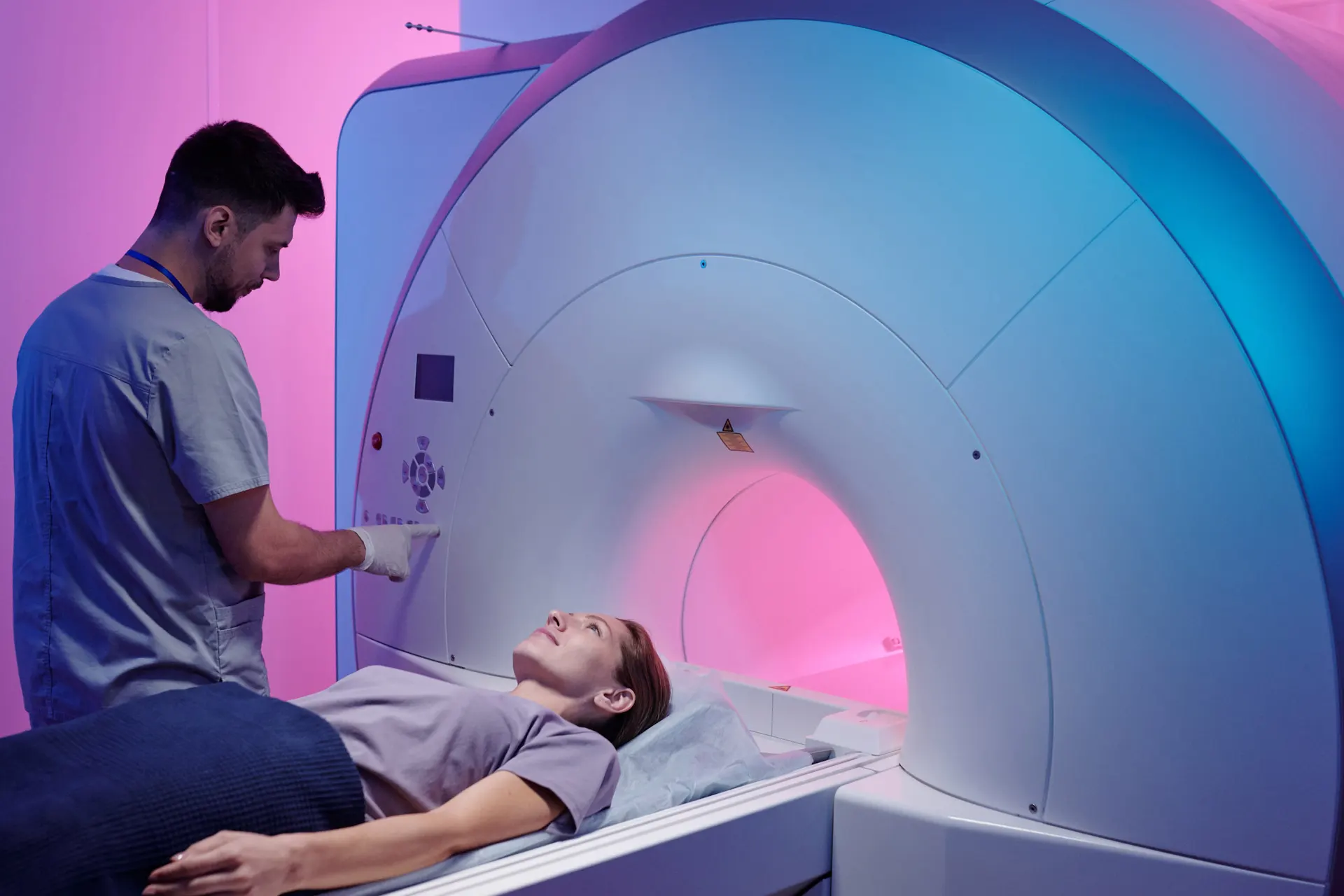

Early detection technology in the medical field has been revolutionized in recent years, providing new opportunities for early intervention and improved outcomes for patients. The use of imaging techniques, biomarkers, and artificial intelligence (AI) have all played a significant role in the advancement of early detection technology. In this article, we will discuss the current state of early detection technology in the medical field and how it is expected to evolve in the future, with a focus on the example of early Alzheimer's detection.
One of the most promising areas of early detection technology in the medical field is the use of imaging techniques. Magnetic Resonance Imaging (MRI) and Computed Tomography (CT) scans are commonly used to detect abnormalities in the brain that may indicate the presence of Alzheimer's disease. These imaging techniques can detect changes in the brain long before symptoms appear, allowing for earlier intervention and treatment. For example, a study published in the journal Radiology found that MRI scans were able to detect Alzheimer's disease in asymptomatic individuals with an accuracy of 85%.
Another area of early detection technology that is gaining attention is the use of biomarkers. Biomarkers are molecules or other substances that can be measured in the blood, cerebrospinal fluid, or other body fluids and are indicative of a specific disease. For example, researchers have identified a biomarker called beta-amyloid, which is found in the brains of individuals with Alzheimer's disease. The development of biomarkers for Alzheimer's and other diseases is a rapidly advancing field, and it is expected that in the future, a simple blood test may be able to detect the presence of these biomarkers and indicate the presence of the disease even before symptoms appear.
In addition to imaging and biomarkers, there is also ongoing research into using machine learning and AI to detect diseases in their early stages. AI-based algorithms can be trained to analyze large amounts of data, including imaging and biomarker data, and identify patterns that may indicate the presence of a disease. For example, a study published in the journal Radiology found that an AI-based algorithm was able to detect Alzheimer's disease with an accuracy of 89% when analyzing MRI scans.
The use of AI in early detection technology is expected to continue to evolve and improve in the future. With the increasing amount of data available and the advancement of machine learning algorithms, it is likely that AI-based systems will become even more accurate in detecting diseases in their early stages. Additionally, the integration of AI with other technologies such as imaging and biomarkers will provide even more opportunities for early detection.
As these early detection technologies continue to evolve and improve, it is expected that the number of individuals who are diagnosed with Alzheimer's in the early stages of the disease will increase. According to the Alzheimer's Association, early detection and intervention can slow the progression of the disease and improve quality of life for individuals with Alzheimer's. Furthermore, with the early detection of Alzheimer's, treatments and therapies may have a better chance of being effective, which can save both the patient and the healthcare system billions of dollars.
In conclusion, early detection technology in the medical field is a rapidly advancing field that holds great promise for improving outcomes for patients with diseases such as Alzheimer's. Imaging techniques, biomarkers, and AI are all being used to detect diseases in their early stages, and it is expected that these technologies will continue to improve in the future. As early detection becomes more prevalent, it is likely that more individuals will be diagnosed with Alzheimer's in the early stages of the disease, allowing for earlier intervention and treatment, which can greatly improve outcomes for patients.